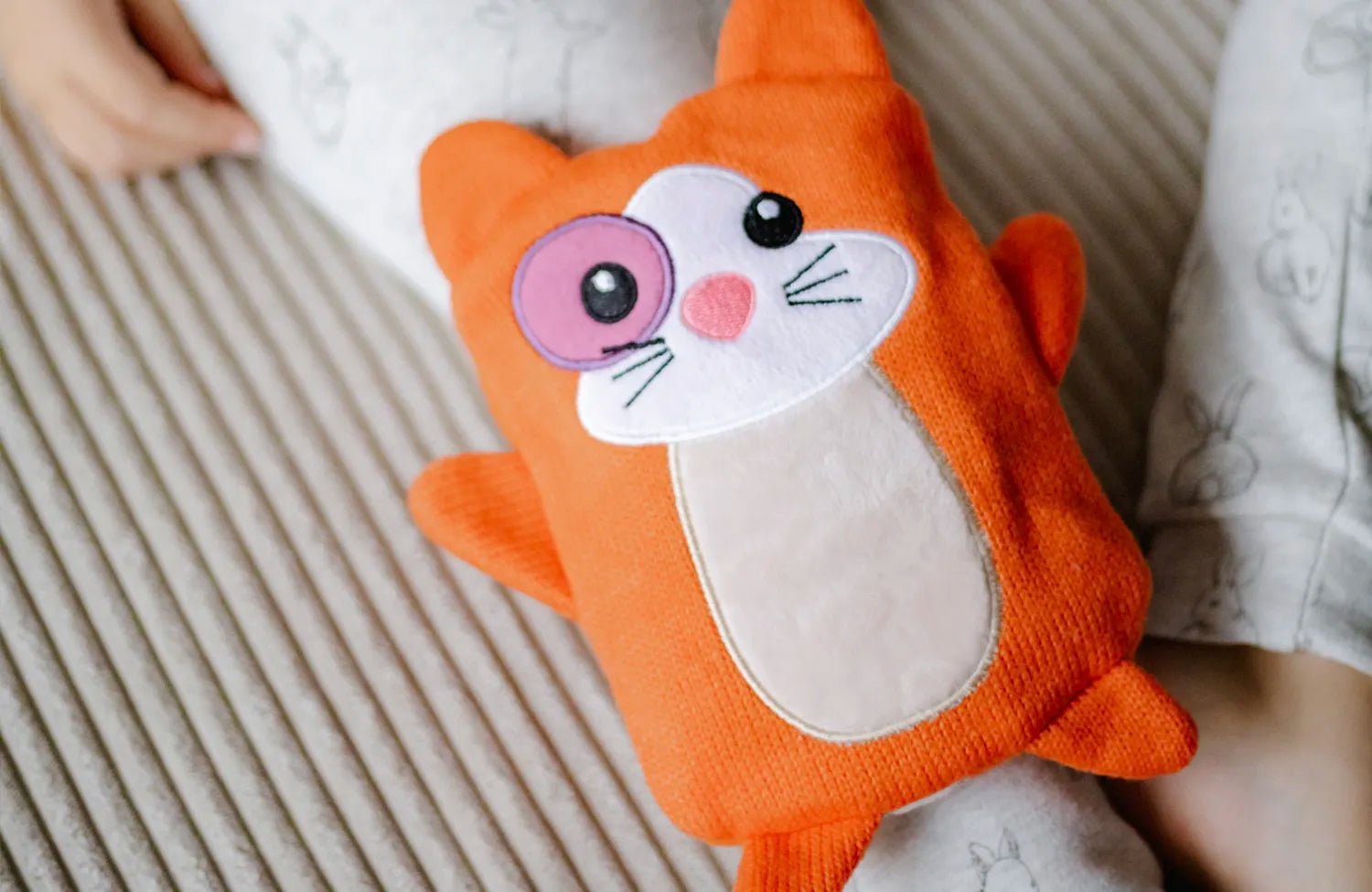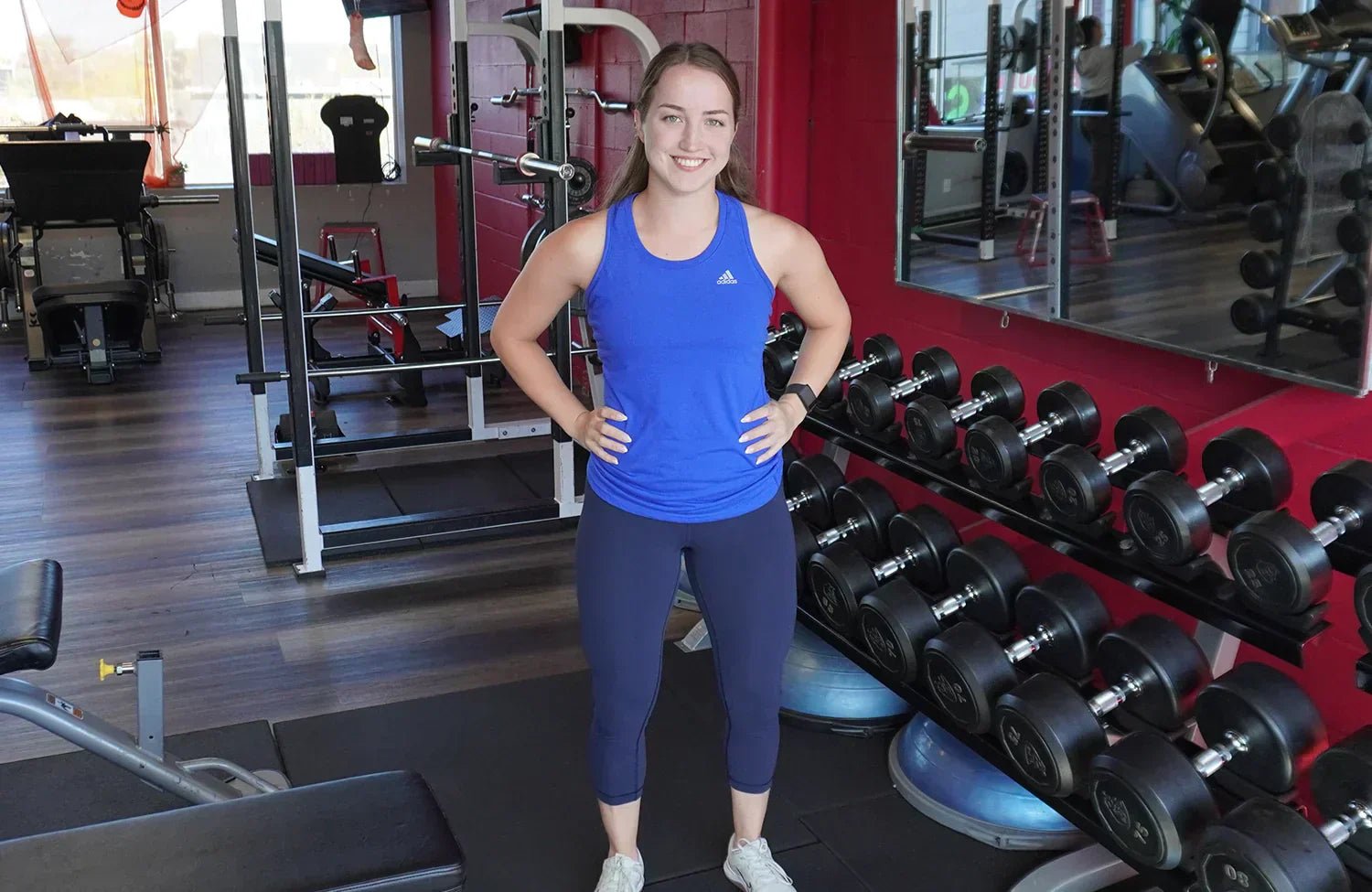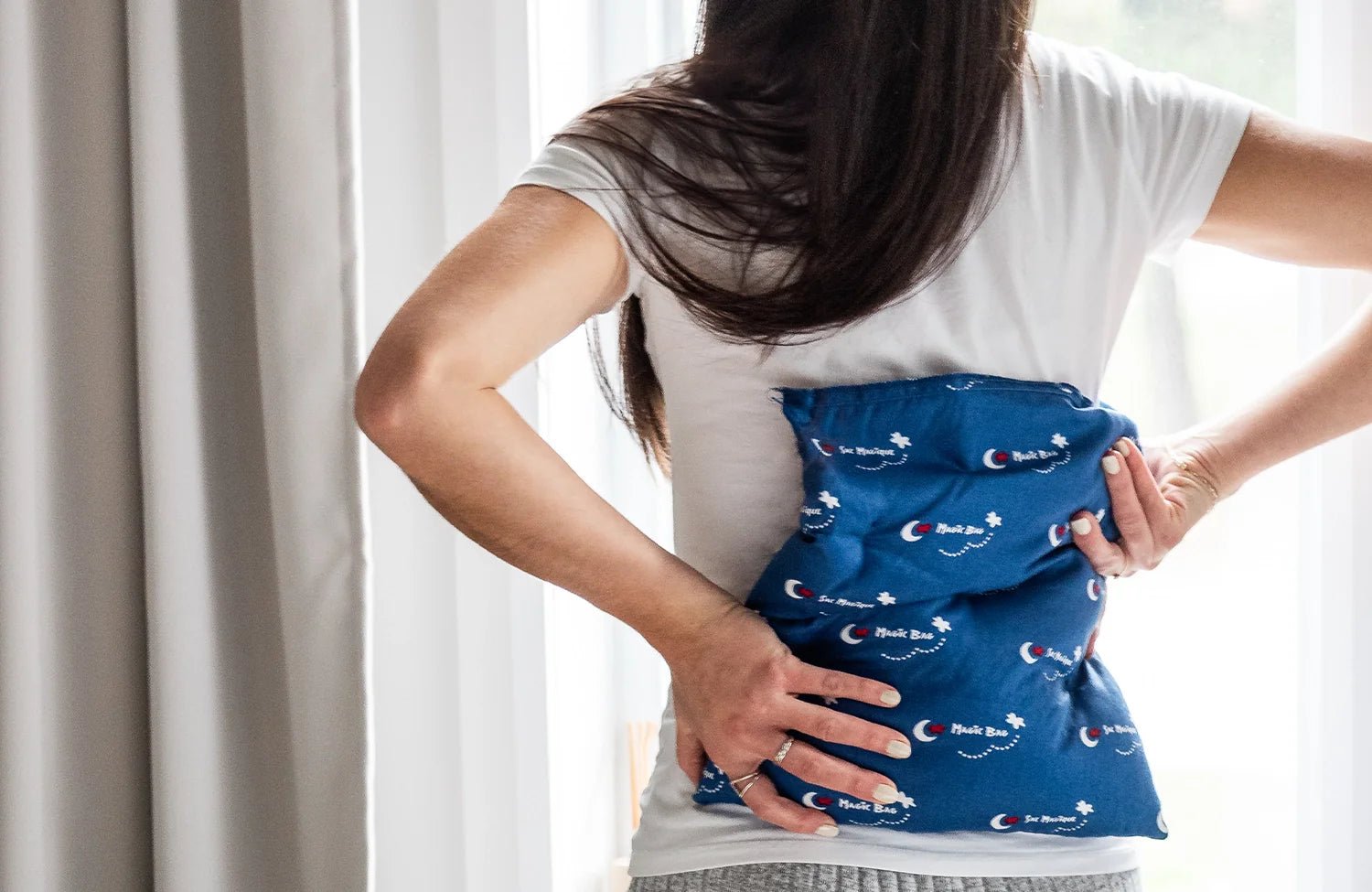
6 Ways To Ease Growing Pains in Kids
Growing pains got your kiddo down?
Between the ages of 3 and 5 or 8 and 12, it’s not uncommon for many kids to experience tension, cramping, and soreness in their leg muscles. While it’s not 100% proven these pains are actually caused by growth, they usually subside once the child has finished growing. Most of the time, once a child has reached their teenage years, they no longer experience growing pains.
Growing pains can occur during the day or the nighttime, but more often than not they begin in the late afternoon or early evening. In certain cases, your child may even be woken up by their pain in the night!
Since there’s no medical treatment for growing pains, most kids will simply need to accept that this is a common, although sometimes painful, right of passage of getting older. There are, however, a few things you can do as a parent to help soothe them the next time growing pains hit. These easy, natural remedies will help ease their pain and hopefully take their mind off the uncomfortable sensations they’re experiencing!
Get moving
If growing pains strike in the evening, try to combat the stiffness by taking a gentle stroll with your child. It shouldn’t be strenuous - even a simple 5 to 10-minute walk around the neighbourhood should help get the blood circulating in their legs.
Run a hot bath
After you’ve gone out for your evening stroll, you can come home and run your child a hot bath. The hot water will soothe their muscles and get them into a relaxed state of mind, taking their mind off the pain. You can even add in some Epsom salts, which help with muscle tension, or a little bit of lavender essential oil, an aroma that is known to help calm down our nervous systems.
Stretching the leg muscles
After a walk and a nice hot bath, your child’s muscles should be relaxed enough to stretch. The stretches you want to do with your child will depend on where exactly they’re in the most pain. All children experience growing pains slightly differently. Depending on where they’re hurting most, take some time to stretch out their leg muscles, such as the calves, shins, hamstrings, or quads. If you’re not quite sure which stretches to do, this video has some great suggestions.
Massaging the legs
One of the best ways to help your child when they’re experiencing growing pains is to gently massage the affected region. Focus on gently kneading the calf, shins, and then up into the hamstrings and quads. You could even use some baby oil to target their muscles and help them relax. Massage them, give them cuddles, and reassure them that growing pains are only temporary - they will be gone by morning!

Using a heating pad
Once your child is all cozied up in bed, you’ll want to tuck them in with a heating pad. The heat will ease their discomfort and help them fall asleep easier. A perfect way to bring a little bit of comfort and fun to your little one at this moment is to use one of our Warmy compresses. Warmy hot packs for children are cute and cuddly little creatures that make for great friends, and can help bring a smile to your child’s face when they’re having a tough moment. Simply heat a Warmy for 30 seconds in the microwave, and our Warmys will help your child experience up to 30 minutes of comfort and pain relief.
Pain Relief
If you’ve tried the above solutions and your child is still in pain, you can treat your child’s pain with conventional medicine like paracetamol. You could also consider using a topical pain-relief lotion or rub.
Magnesium is a mineral that is known to aid with muscle pain and tension and is available in a variety of sprays, oils, and creams. In addition to helping with muscle function, magnesium is also known to calm the nervous system and help us get to sleep. So if you find your child up at night complaining of growing pains, you might want to stock up on this magical mineral!

Remember if the pain persists to see a doctor. While growing pains are not serious, we know how difficult it can be to see your child in pain, even if that pain is mild and normal. Reassure your child that nothing is wrong and that these pains are a normal part of growing into a healthy adult! Often, pain can feel worse if we worry it might be something serious, so ease your child’s mind that all will be alright and that this pain they feel is only temporary.
We hope that these solutions will help bring a little bit of relief to you and your family!
Featured blog
- Choosing a selection results in a full page refresh.
!







